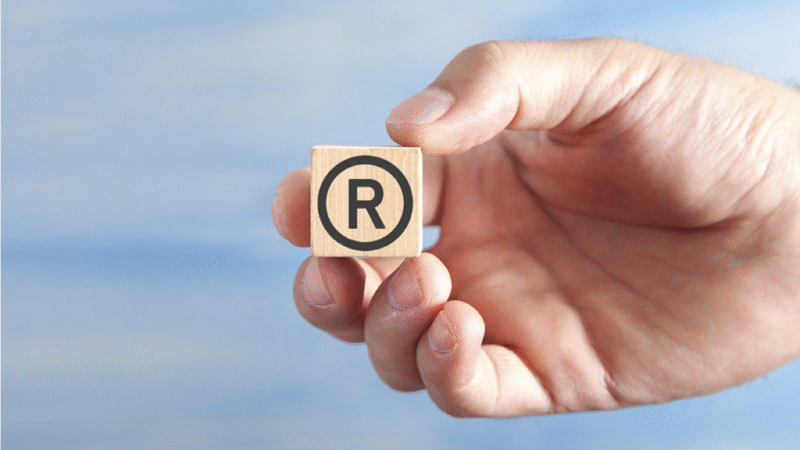Understanding Durable Power of Attorney in South Carolina: Essential Considerations

Planning ahead is about more than deciding how to manage money or healthcare. It also means making sure you have someone you trust to step in if you are unable to make decisions for yourself. In South Carolina, a Durable Power of Attorney (DPOA) is a legal document that grants that authority. Knowing how it works, why it matters, and what to consider when creating one can make all the difference in protecting your interests and easing the burden on your loved ones.
The Foundations of Durable Power of Attorney
What Is a Durable Power of Attorney?
A Durable Power of Attorney gives another person, called an agent, the authority to act on your behalf if you become unable to do so. Unlike a standard power of attorney that becomes invalid once you are incapacitated, a DPOA remains effective even during illness, injury, or cognitive decline. That durability is what makes it such a vital safeguard. It ensures your affairs can continue to be managed without court intervention, providing stability at a time when clear direction is most needed.
Durable vs. Non-Durable Power of Attorney
The difference between a durable and non-durable power of attorney is simple but important. A non-durable version loses its authority if you become incapacitated, which makes it unsuitable for long-term planning. A durable document, on the other hand, continues without interruption, giving your chosen agent the authority to pay bills, manage property, or make healthcare decisions if you cannot. For families, that continuity can mean avoiding disputes, delays, and costly legal proceedings.
Why You Should Have One
Without a DPOA in place, your loved ones may have to petition the court to make decisions for you if you lose capacity. This process can be stressful, expensive, and time-consuming. By naming an agent in advance, you decide who will act for you and how your choices will be honored. A DPOA provides peace of mind for both you and your family, ensuring that important matters are handled by someone who understands your values and wishes.
Choosing the Right Agent
What to Look For
Deciding who will serve as your agent is the most important step in setting up a DPOA. The person you choose should be trustworthy, reliable, and capable of making decisions under pressure. It helps if they know your values well, can handle financial or medical responsibilities responsibly, and communicate clearly with others involved. Many people select a family member, but it is worth carefully considering whether the person you have in mind truly has the ability and willingness to manage this responsibility.
Responsibilities of an Agent
An agent may be given broad authority or specific powers depending on how the document is written. They might manage bank accounts, file taxes, sell property, or oversee medical decisions. With this authority comes the obligation to act in your best interest. That includes keeping accurate records, staying up to date on your financial or health situation, and maintaining open communication with family members when appropriate. Because of these responsibilities, it is crucial to select someone who will approach the role with diligence and integrity.
Changing or Revoking an Agent
Life circumstances change, and the person you trusted years ago may no longer be the best choice today. In South Carolina, you can revoke a DPOA at any time as long as you are mentally competent. This can be done with a written statement or by drafting a new document that replaces the old one. It is important to inform your current agent and share the updated version with anyone who needs it, such as banks, doctors, or family members, to avoid confusion.
Drafting Your Durable Power of Attorney
Legal Requirements in South Carolina
For a DPOA to be valid in South Carolina, it must be signed by the principal in front of a notary public and two adult witnesses. Those witnesses cannot have an interest in the document to ensure impartiality. Using clear, straightforward language is also important, since vague wording can cause problems later. Many people choose to work with an attorney experienced in estate planning to make sure the document meets legal standards and reflects their wishes accurately.
Customizing the Document
A Durable Power of Attorney can be tailored to fit your situation. You might grant your agent wide-ranging authority over financial matters but place limits on healthcare decisions, or you might restrict powers to specific transactions such as selling property. This flexibility ensures the document reflects your values and circumstances. By being precise about what your agent can and cannot do, you reduce the likelihood of misunderstandings or conflicts later on.
Common Pitfalls to Avoid
Some of the most frequent mistakes when creating a DPOA include failing to meet the legal requirements for witnesses and notarization, using vague or unclear language, or selecting an agent who is not prepared for the responsibility. Another issue is failing to update the document as life changes. A divorce, relocation, or change in relationships might all warrant revisiting your DPOA. Periodic reviews help ensure that your choices remain current and effective.
Using a Durable Power of Attorney
When It Takes Effect
In South Carolina, you can choose whether your DPOA becomes effective immediately or only if you are declared incapacitated. Many people prefer what is called a “springing” power of attorney, which activates once a doctor confirms that you are unable to make decisions. This option allows you to maintain control for as long as possible while still ensuring that authority transfers smoothly when needed. Clarity about when powers begin is important to avoid confusion among family members and professionals.
Oversight and Accountability
Granting authority to another person always comes with risks. To reduce the chance of misuse, you can require your agent to provide regular updates or reports. Some people appoint co-agents who must act together, creating built-in oversight. In more complex situations, periodic reviews by attorneys or financial advisors can add another layer of accountability. These safeguards reassure both you and your family that decisions are being made responsibly.
Real-Life Examples
The true value of a DPOA often becomes clear in real-life situations. Imagine someone diagnosed with a progressive condition who can no longer manage bills or investments. With a DPOA in place, their agent can step in and ensure obligations are met without interruption. On the medical side, if a person faces a serious health crisis and cannot communicate, their healthcare agent can direct treatment in line with their values and past conversations. These scenarios show that a DPOA is more than a legal form—it is a practical tool that protects both your well-being and your legacy.
Final Thoughts
Creating a Durable Power of Attorney in South Carolina is an important step in planning for the future. It allows you to choose who will act on your behalf, define how much authority they have, and ensure your wishes are respected even if you cannot speak for yourself. By selecting the right agent, drafting the document carefully, and reviewing it as life changes, you can protect your interests and give your loved ones peace of mind during difficult times.






